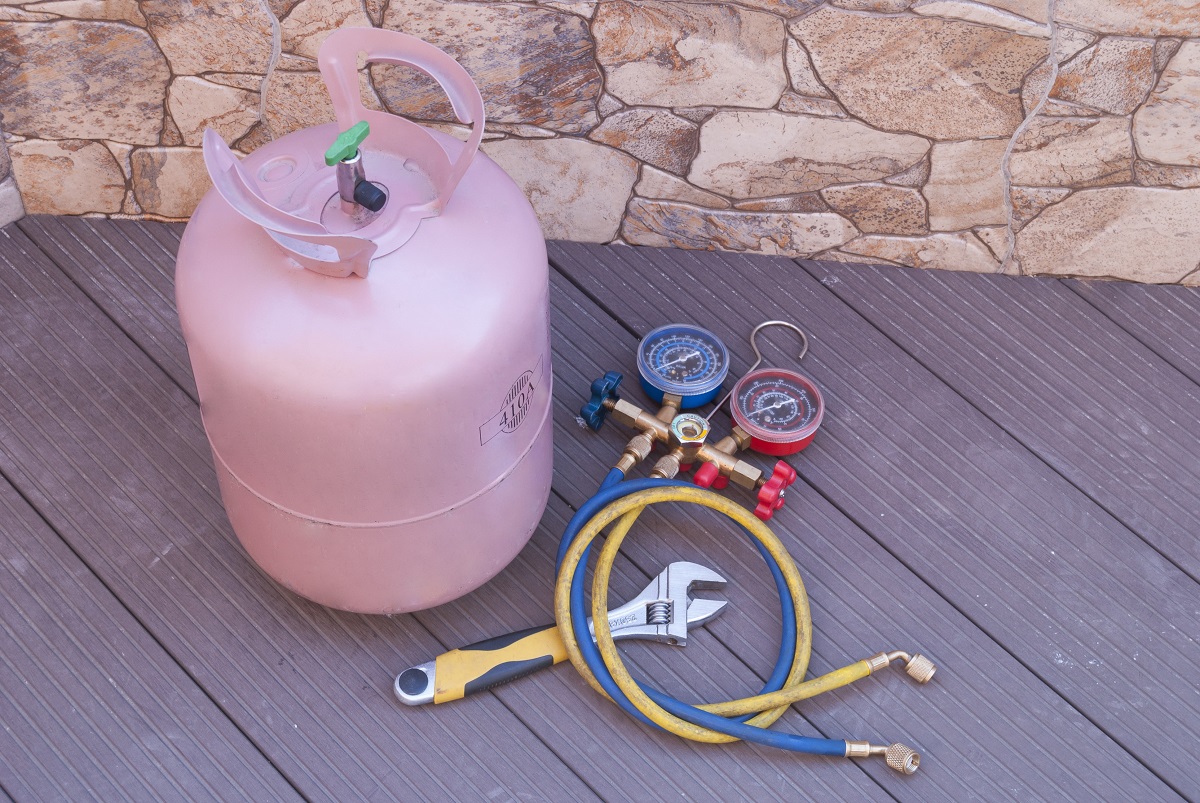

Articles
How Do I Know If My AC Needs Freon
Modified: September 2, 2024
Learn how to determine if your AC system needs a refill of Freon in this informative article. Find expert advice and solutions for common AC problems.
(Many of the links in this article redirect to a specific reviewed product. Your purchase of these products through affiliate links helps to generate commission for Storables.com, at no extra cost. Learn more)
Introduction
When it comes to keeping our homes comfortable during the sweltering summer months, air conditioning (AC) systems play a crucial role. In order for an AC unit to effectively cool the air, it relies on a refrigerant called Freon (or its technical name, R-22). Freon is a colorless gas that has been widely used in AC systems for many years.
Understanding how Freon works and knowing when your AC system may need a recharge is essential for maintaining optimal performance and energy efficiency. In this article, we will delve into the topic of Freon in AC systems, explore common signs that your AC may be running low on Freon, and provide insights on when to seek professional assistance.
Key Takeaways:
- Regularly monitor your AC for signs of low Freon, such as weak airflow, icing, or increased humidity. Seeking professional assistance is crucial for safe handling and efficient operation of your AC system.
- Freon plays a vital role in cooling your home, but low levels can lead to discomfort and higher energy bills. Stay proactive in assessing your AC’s performance and seek professional help when needed.
Read more: How Do I Know If My HVAC Needs Freon
Understanding Freon and its role in an AC system
Freon, also known as R-22, is a refrigerant that plays a vital role in the cooling process of an air conditioning system. It is a compound made up of chlorine, fluorine, and carbon atoms, known as a hydrochlorofluorocarbon (HCFC).
The primary function of Freon is to absorb heat from the indoor air and release it to the outdoor environment, thereby cooling the indoor space. It works through a cycle in which it changes from a gas to a liquid and back to a gas.
Here is a simplified breakdown of the AC cooling process:
- The compressor in the AC system pressurizes the Freon, causing it to become hot and transform into a high-pressure gas.
- This hot, pressurized gas then flows through the condenser coil located in the outdoor unit. As it moves through the condenser coil, the hot gas dissipates heat into the outdoor air.
- As heat is removed, the high-pressure gas condenses into a high-pressure liquid.
- The high-pressure liquid refrigerant then enters the expansion valve, where it undergoes a pressure drop, becoming a low-pressure liquid.
- The low-pressure liquid enters the evaporator coil, which is located in the indoor unit. As it flows through the evaporator coil, it absorbs heat from the indoor air, cooling it down.
- The low-pressure liquid refrigerant evaporates into a low-pressure gas as it absorbs heat, completing the cooling cycle.
- The gas returns to the compressor to begin the process again.
Without sufficient levels of Freon, the AC system’s cooling efficiency can be significantly diminished. If your AC unit is running low on Freon, it can have a negative impact on its ability to cool the air, leading to discomfort and higher energy bills.
It’s worth noting that the use of Freon has been phased out due to its potential harm to the ozone layer. In recent years, the production and importation of Freon have been reduced, and the HVAC industry has transitioned to using more environmentally-friendly refrigerants, such as R-410A.
Signs that your AC may need Freon
While modern AC systems are designed to be efficient and reliable, there are times when your unit may require a Freon recharge. Here are some common signs that indicate your AC may be running low on Freon:
- Weak or warm airflow: If you notice that the airflow coming from your AC vents is weaker than usual or the air is not as cool as it should be, it could be a sign of low Freon levels. Insufficient Freon can hinder the cooling process, resulting in diminished airflow and warmer temperatures.
- Icing on the refrigerant lines or evaporator coil: Inadequate levels of Freon can cause the evaporator coil or refrigerant lines to freeze over. If you spot ice buildup on these components, it may indicate a Freon leak. It’s important to address this issue promptly to prevent further damage to your AC system.
- Increased humidity: When an AC system doesn’t have enough Freon, it may struggle to dehumidify the air effectively. As a result, you may notice increased humidity levels in your home, making it feel uncomfortable and sticky.
- Strange or hissing noises: Freon leaks can sometimes produce hissing or bubbling noises near the AC unit. These sounds may be caused by the refrigerant escaping from the system. If you hear any unusual noises coming from your AC, it’s essential to have it checked by a professional.
- Higher energy bills: If your AC unit is low on Freon, it will have to work harder and longer to cool down your home. As a result, you may experience a significant increase in your energy bills. If you notice a sudden spike in your electricity costs without an apparent reason, it’s worth investigating the Freon levels in your AC system.
If you observe any of these signs, it’s important not to ignore them. Contact a qualified HVAC technician who can inspect your AC system, diagnose any Freon-related issues, and perform the necessary repairs or recharge.
If your AC is blowing warm air, has reduced airflow, or ice buildup on the refrigerant lines, it may need more Freon. Have a professional technician check and recharge the system if necessary.
Assessing the performance of your AC unit
Regularly assessing the performance of your AC unit is essential to ensure it is functioning optimally and to identify any potential Freon-related issues. Here are some steps you can take to assess the performance of your AC unit:
- Check the airflow: Stand in front of the AC vents and assess the airflow. It should be strong and consistent. If you notice weak or reduced airflow, it could indicate a problem with the AC unit or low Freon levels.
- Measure the temperature: Use a thermometer to measure the temperature of the air coming out of the vents. It should be significantly cooler than the room temperature. If the air feels warm or not as cool as it should be, it may be a sign of a Freon issue.
- Monitor humidity levels: High humidity levels can make your indoor environment uncomfortable. Use a hygrometer to measure the humidity levels in different areas of your home. If the AC system is not adequately removing moisture from the air, it may indicate a Freon problem.
- Look for ice or frost buildup: Inspect the evaporator coil and refrigerant lines for any signs of ice or frost buildup. This can be an indication of low Freon levels or a refrigerant leak. If you notice ice formation, it’s important to seek professional assistance to resolve the issue.
- Monitor energy usage: Keep track of your energy consumption and compare it to previous bills. If you notice a sudden increase in energy usage without any apparent reason, it may suggest that your AC unit is struggling due to low Freon levels.
Regular maintenance and inspections by a professional HVAC technician are crucial for ensuring the optimal performance of your AC unit. They have the expertise to properly diagnose any Freon-related problems, replenish the refrigerant if necessary, and address any other issues that may be affecting the performance of your AC system.
Seeking professional assistance for Freon-related issues
When it comes to dealing with Freon-related issues in your AC system, it’s important to seek the expertise of a qualified HVAC technician. They have the knowledge, tools, and experience to diagnose and resolve Freon problems effectively. Here’s why professional assistance is crucial:
- Proper diagnosis: HVAC technicians can accurately diagnose Freon-related issues in your AC system. They have the necessary tools and equipment to detect leaks, measure Freon levels, and assess the overall condition of the system. By identifying the root cause of the problem, they can provide the appropriate solution.
- Refrigerant handling expertise: Handling refrigerants like Freon requires specialized knowledge and training due to their environmental impact. HVAC technicians are trained to handle these substances safely, ensuring compliance with environmental regulations. They can safely recharge or replace the Freon in your AC system, minimizing environmental harm.
- Preventing further damage: Freon leaks can lead to significant damage to your AC system if left unaddressed. HVAC technicians can locate and repair the leaks to prevent further damage to the system’s components. They can also inspect other parts of the system that might have been impacted by the Freon issue and make any necessary repairs or adjustments.
- Ensuring system efficiency: By addressing Freon-related problems, HVAC technicians can restore your AC system’s efficiency. Adequate levels of Freon are essential for optimal cooling performance and energy efficiency. By recharging or replacing the Freon, technicians can help your AC unit operate at its best, keeping your home cool and comfortable.
- Expert advice and maintenance: HVAC technicians can provide valuable advice on how to maintain and prolong the life of your AC system. They can recommend regular maintenance schedules, provide tips for improving energy efficiency, and suggest upgrades if needed. Regular professional maintenance can help prevent future Freon issues and extend the lifespan of your AC unit.
Remember, attempting to handle Freon-related issues on your own can be dangerous and may lead to further damage or environmental harm. It’s best to rely on experienced HVAC professionals who have the knowledge and expertise to handle these matters effectively and safely.
Conclusion
Freon plays a crucial role in the cooling process of an AC system, helping to absorb heat from indoor air and release it to the outdoor environment. However, low Freon levels can lead to diminished cooling efficiency, uncomfortable indoor conditions, and increased energy consumption.
Being aware of the signs that your AC may need a Freon recharge is important for maintaining optimal performance. Weak airflow, warm air, icing, increased humidity, and higher energy bills are all indicators that your AC unit may be running low on Freon.
Assessing the performance of your AC unit regularly, monitoring temperature, airflow, humidity levels, and energy consumption can help you identify potential Freon-related issues. Seeking professional assistance from qualified HVAC technicians is essential for proper diagnosis, safe handling of refrigerants, preventing further damage, and ensuring the efficient operation of your AC system.
Remember, refrigerants like Freon have a significant impact on the environment. As the industry transitions to more environmentally-friendly alternatives, it’s crucial to address Freon-related issues responsibly and follow proper guidelines for safe handling and disposal.
By staying vigilant, seeking professional assistance when needed, and ensuring regular maintenance, you can keep your AC system running smoothly and efficiently for years to come, keeping your home cool and comfortable during the summer months.
Frequently Asked Questions about How Do I Know If My AC Needs Freon
Was this page helpful?
At Storables.com, we guarantee accurate and reliable information. Our content, validated by Expert Board Contributors, is crafted following stringent Editorial Policies. We're committed to providing you with well-researched, expert-backed insights for all your informational needs.
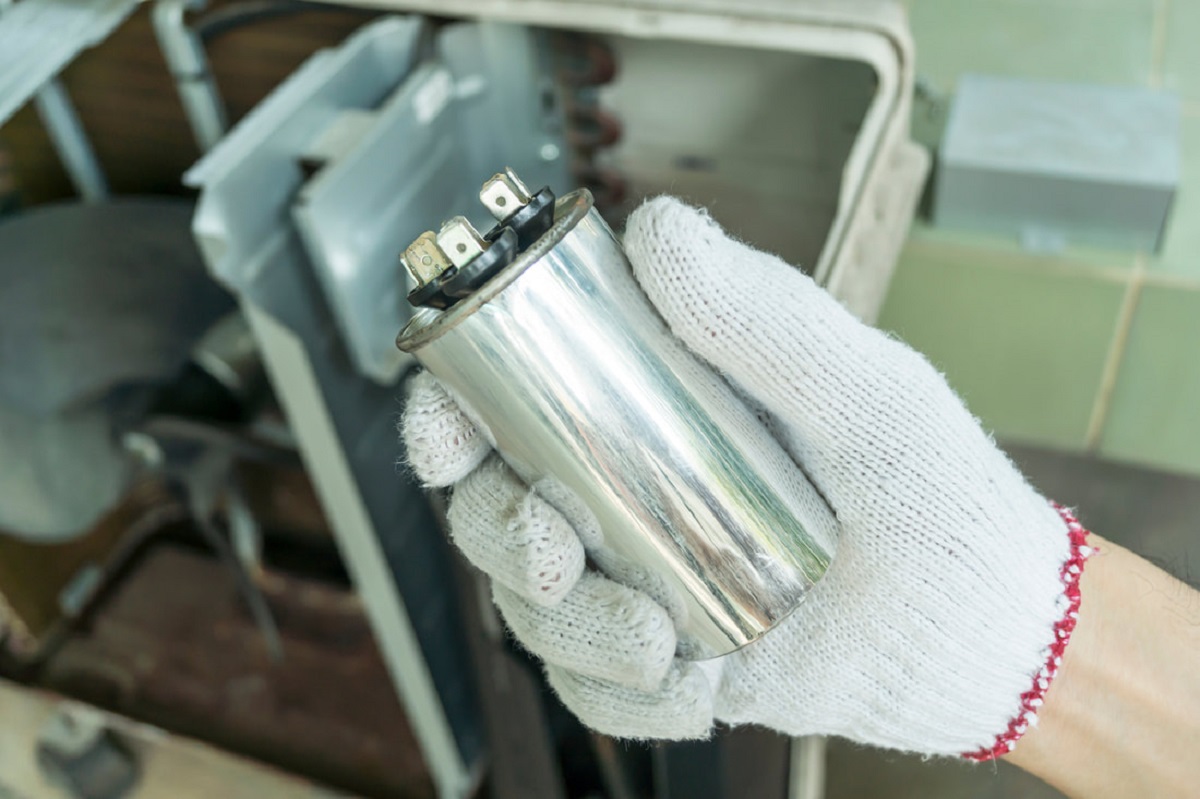
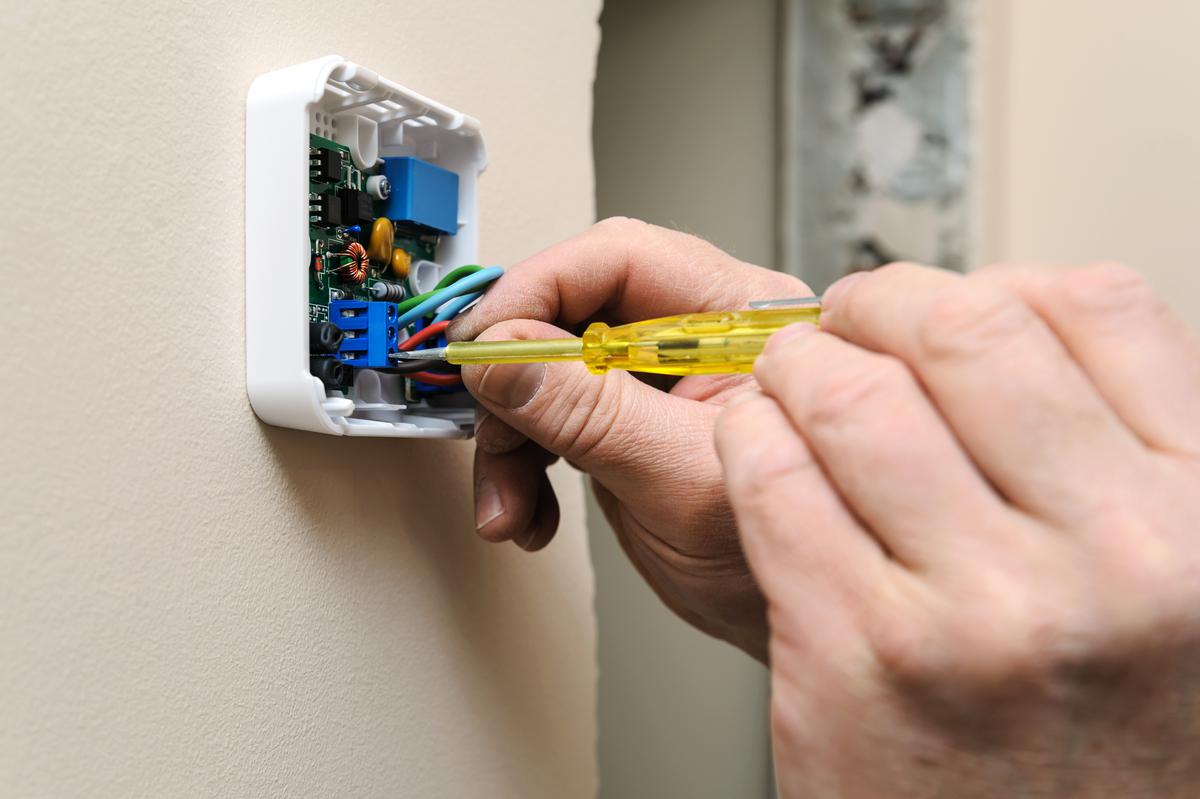
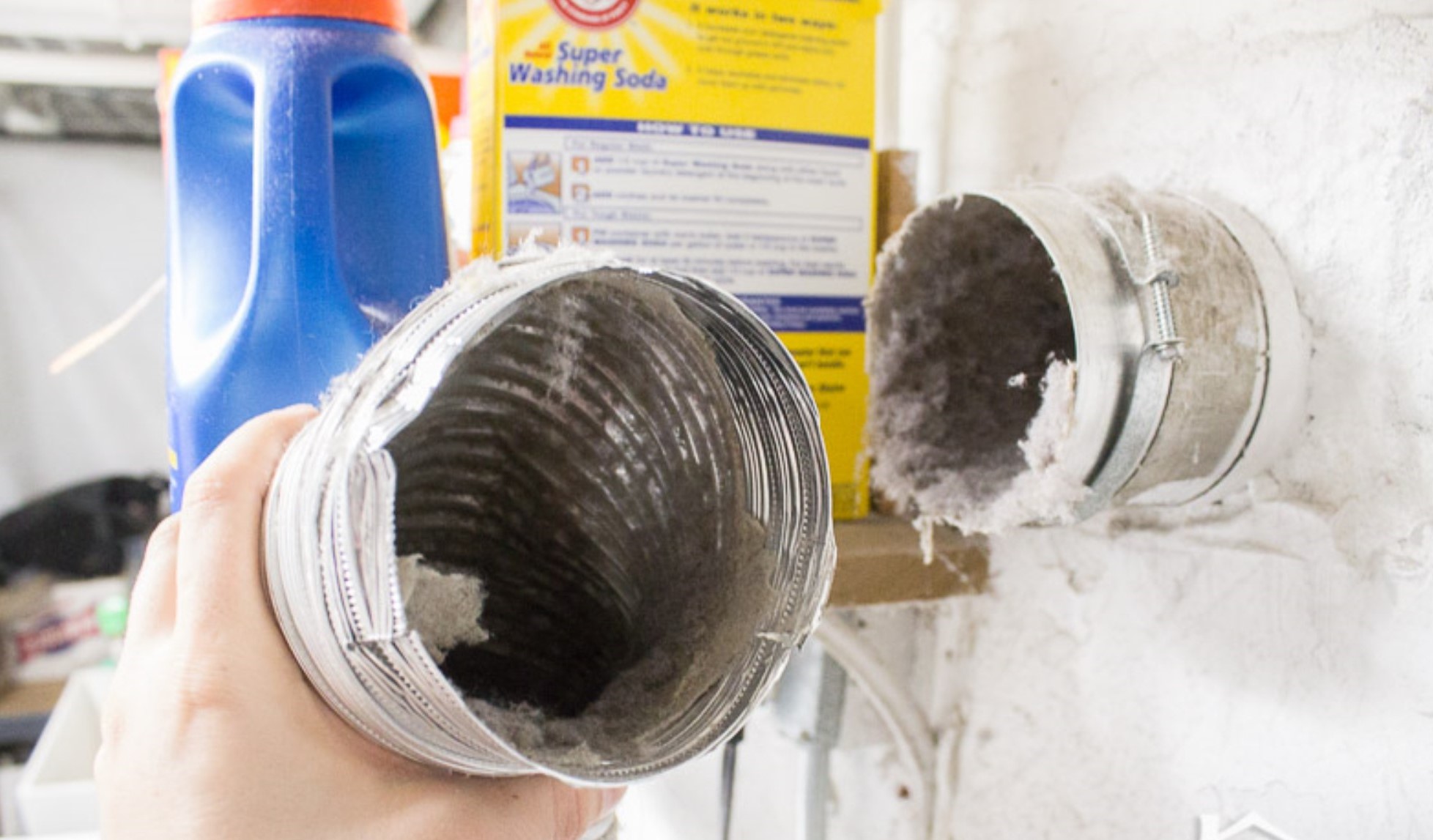

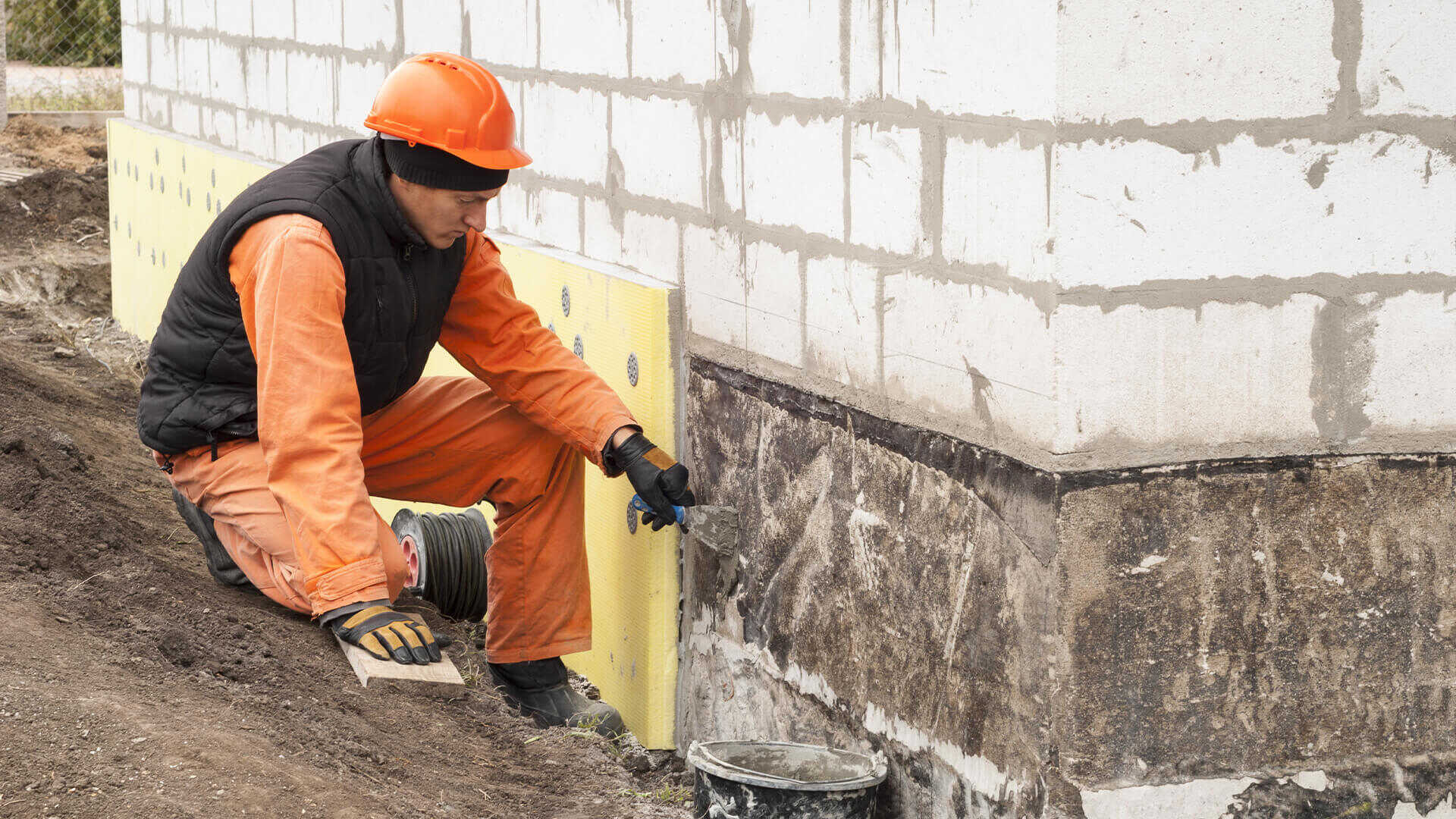
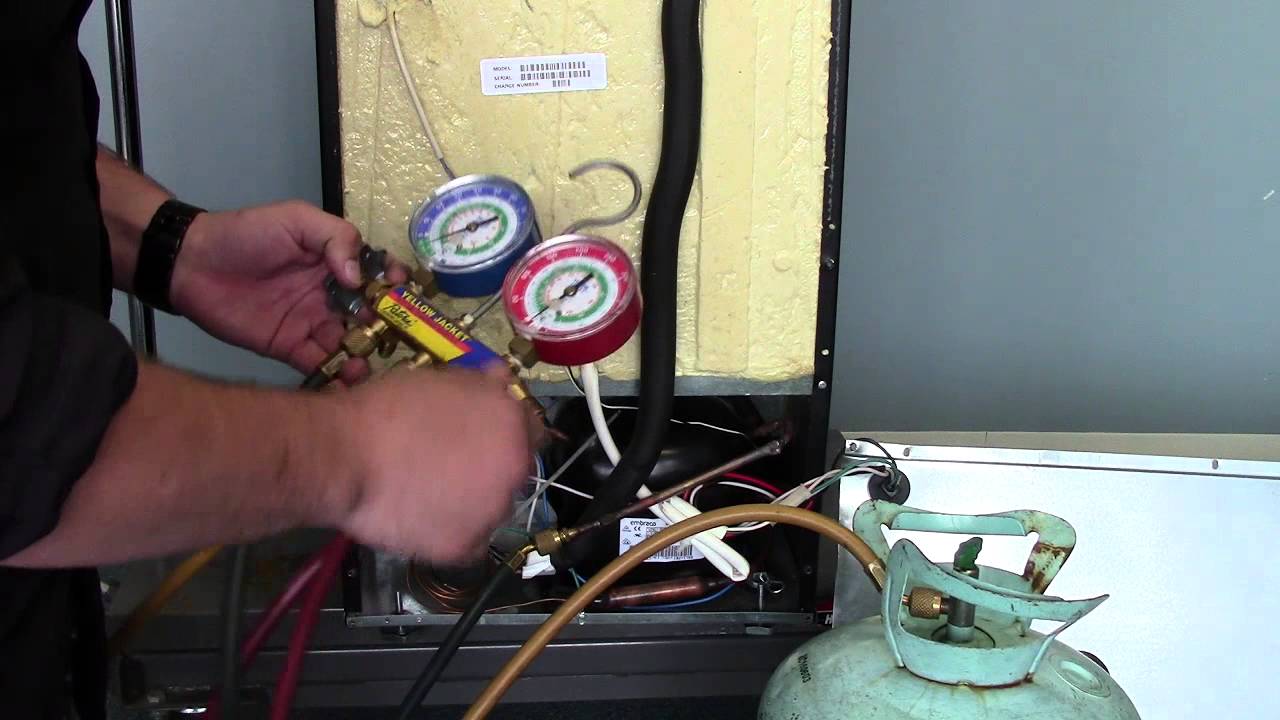
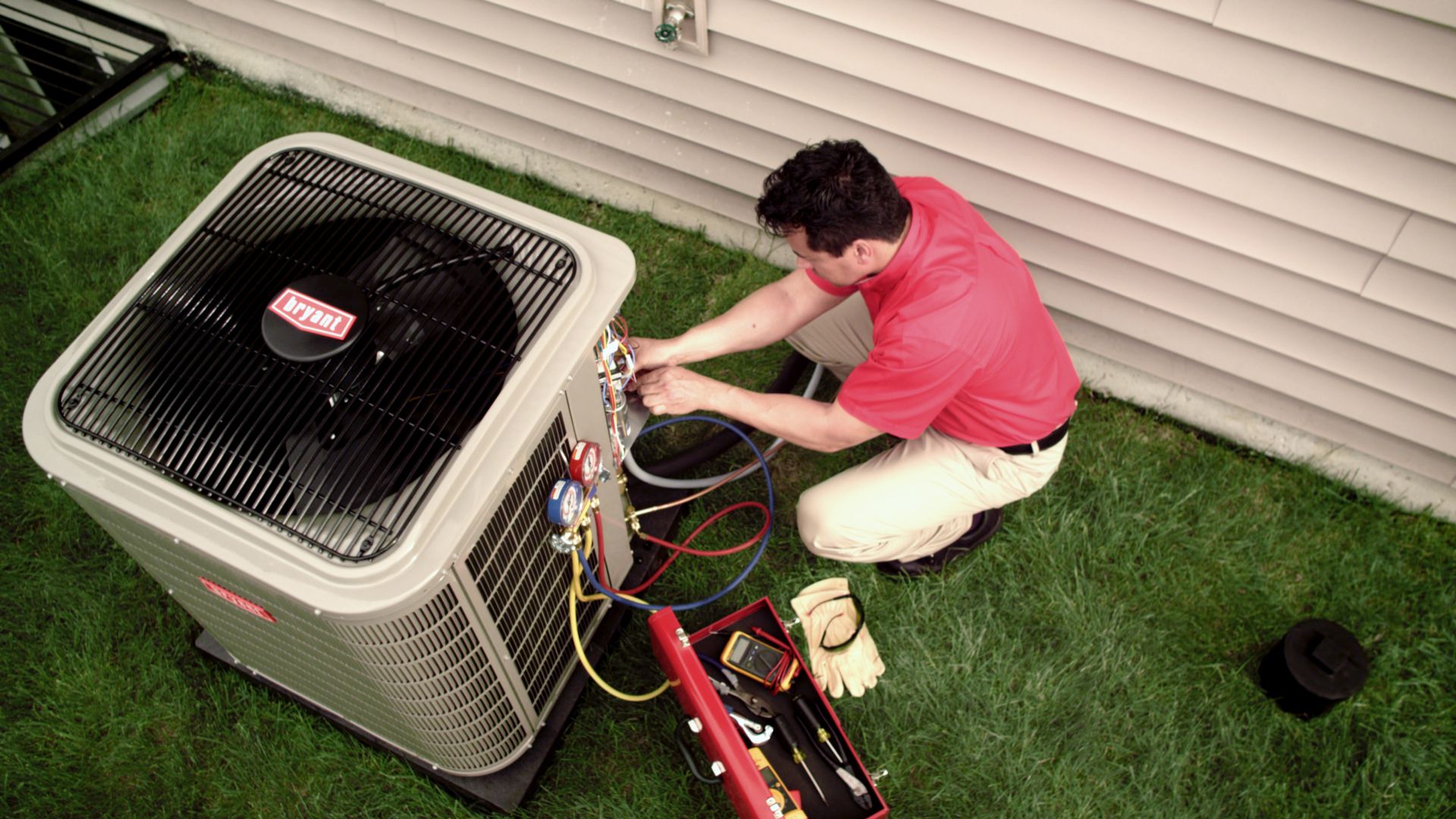

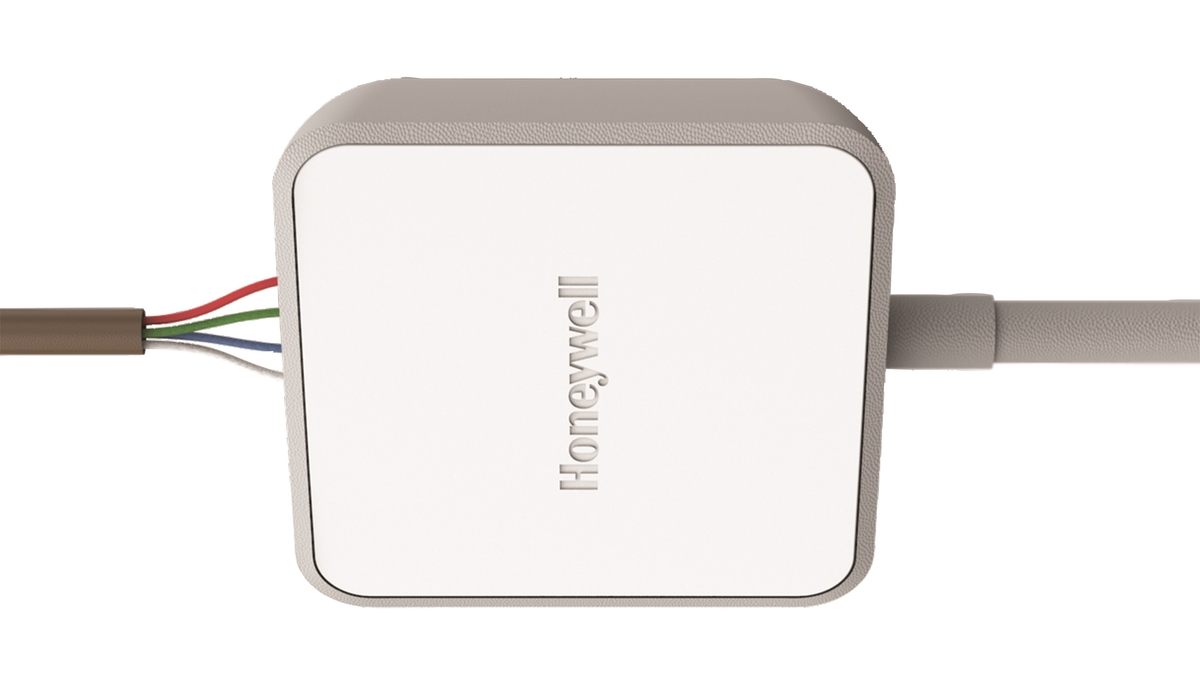
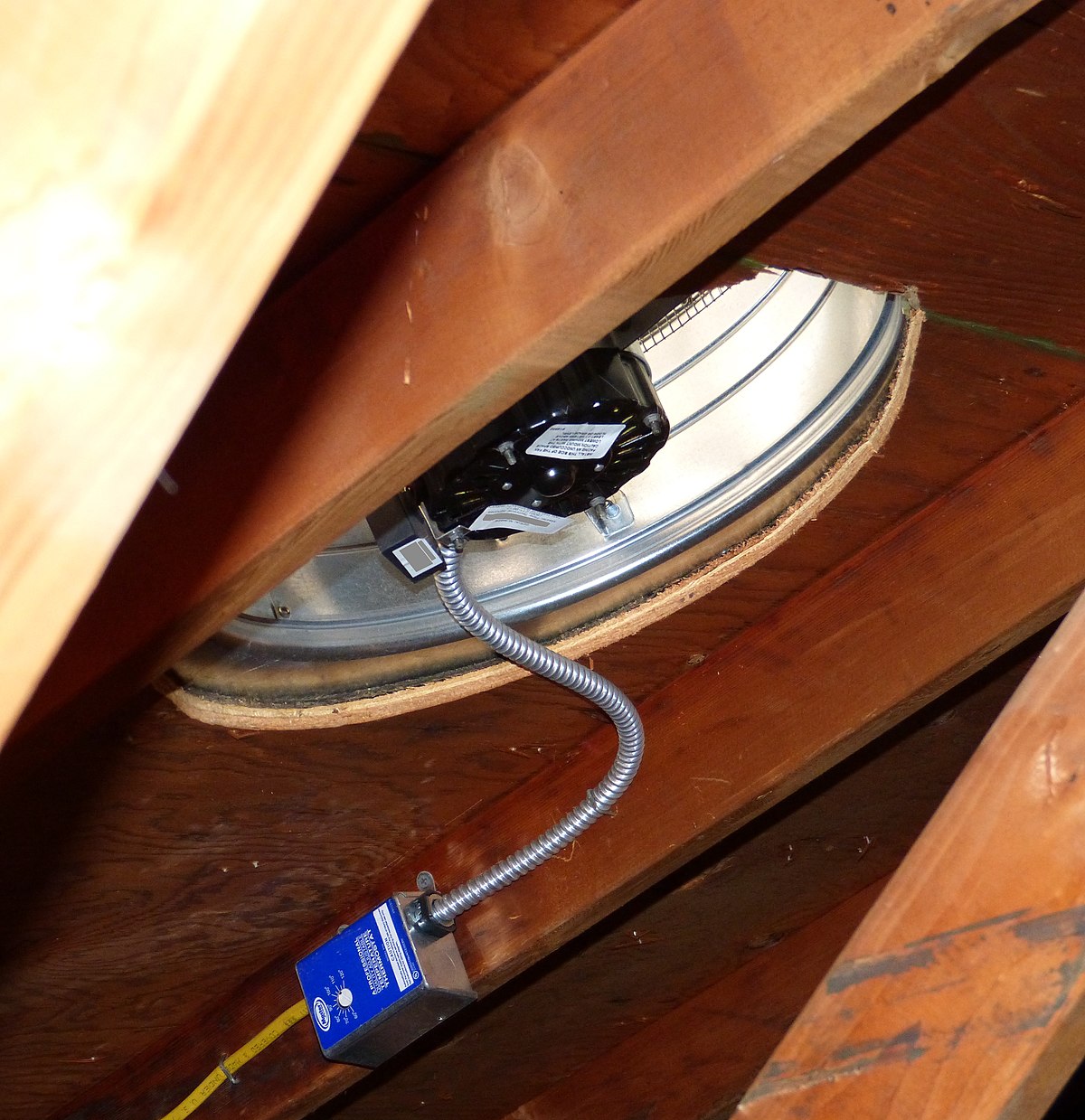
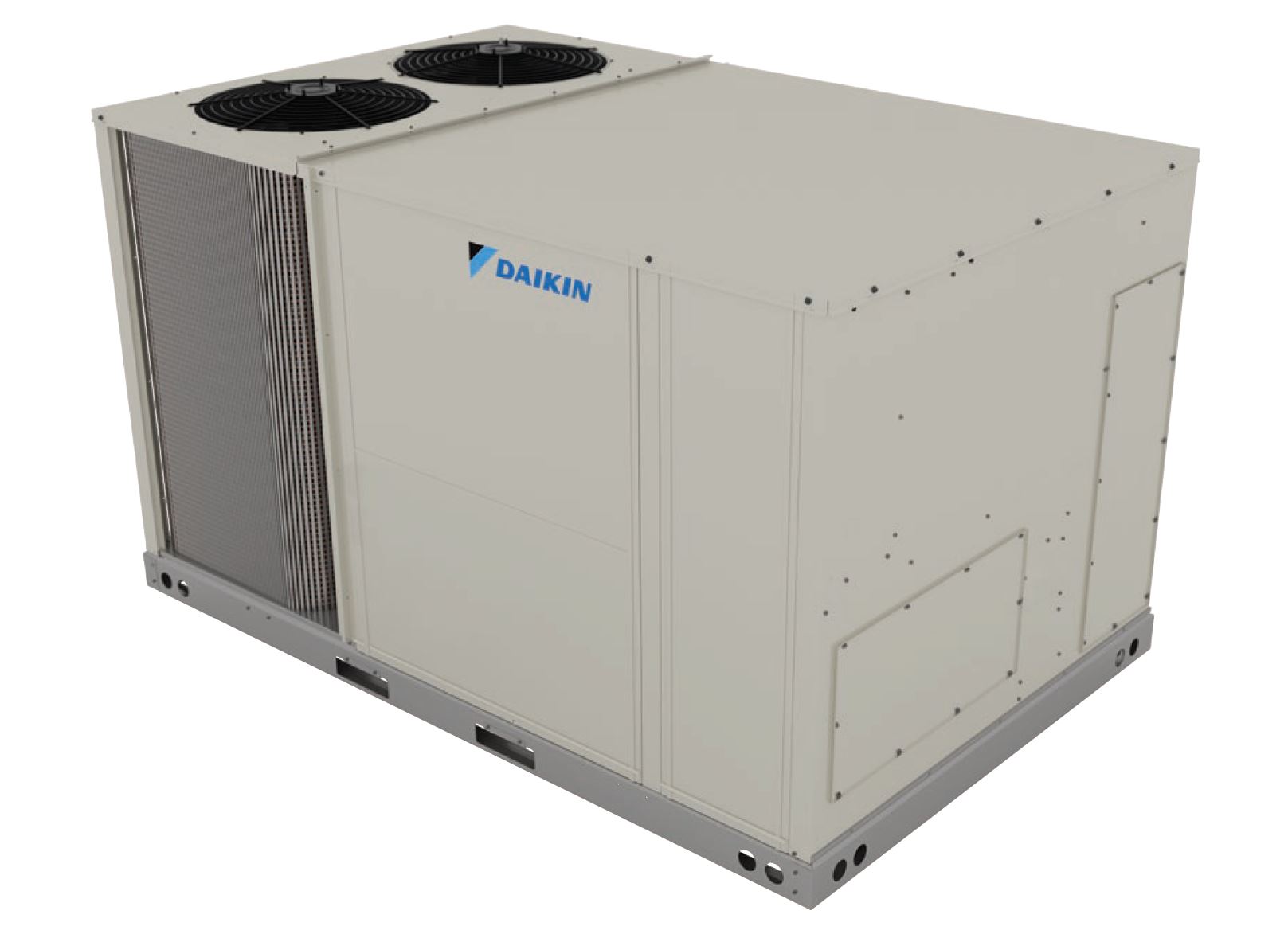
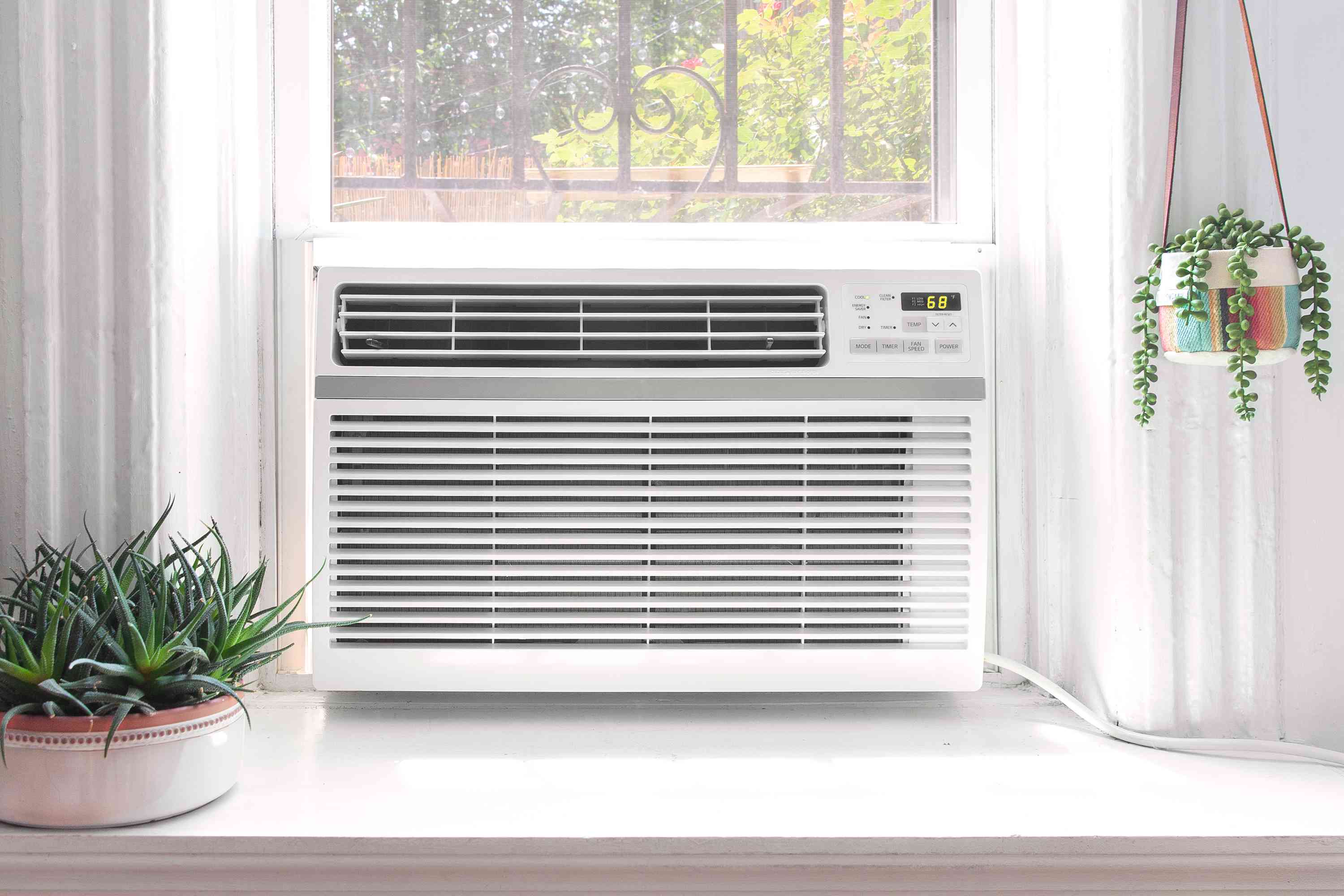
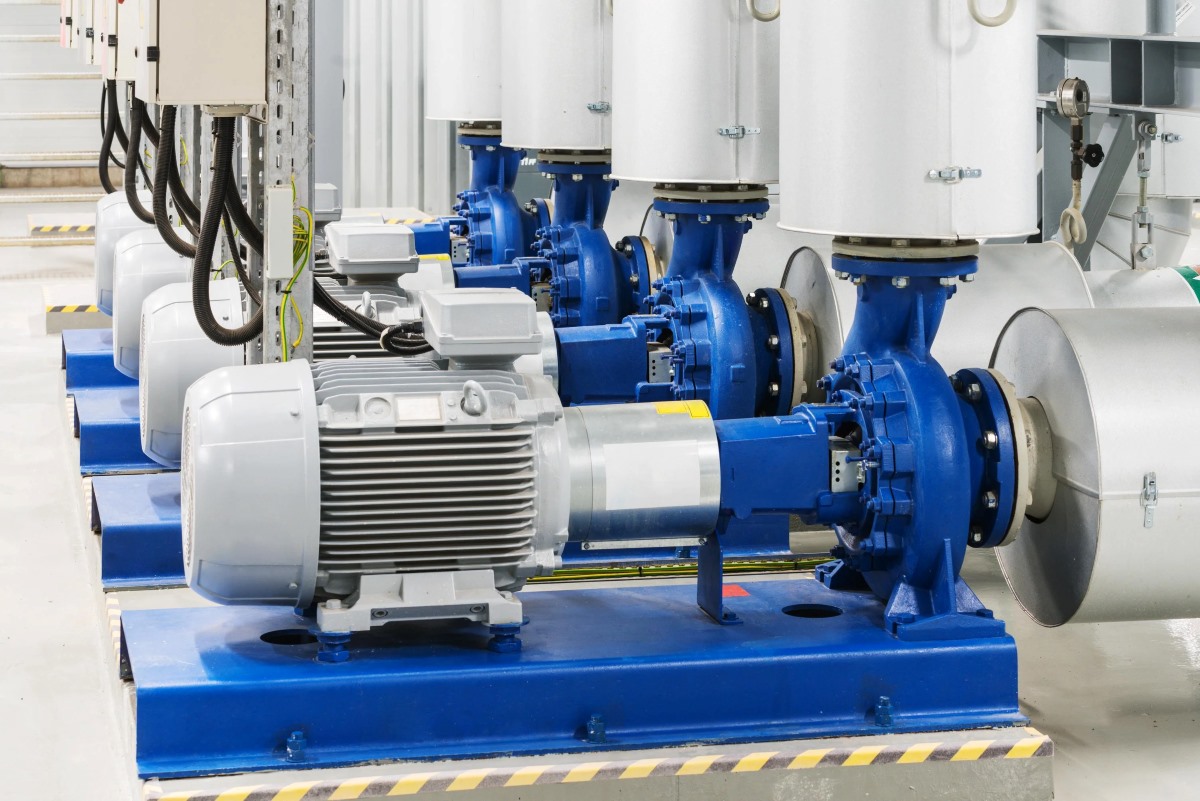
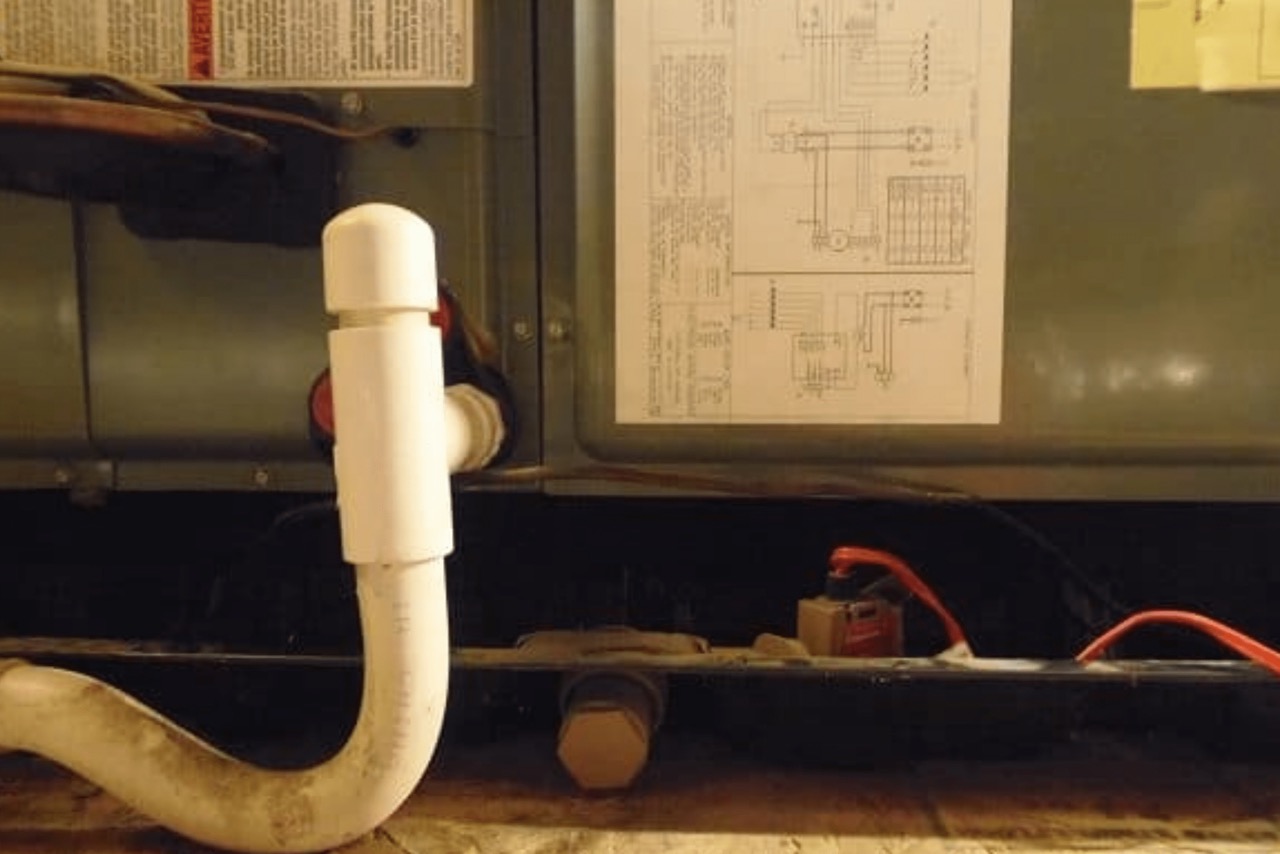

0 thoughts on “How Do I Know If My AC Needs Freon”